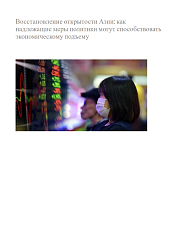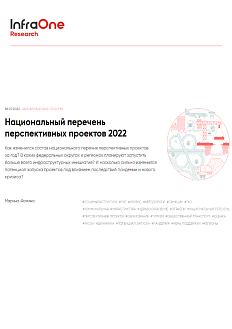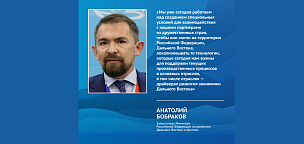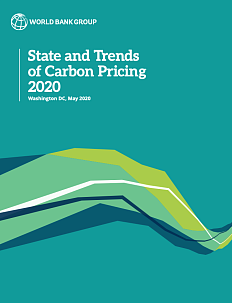Experts from the International Monetary Fund presented the article containing the forecast for the Asian economy growth in 2021 and beyond. So, in the absence of a second wave of infection and with unprecedented measures to stimulate the recovery, economic growth in Asia is projected to strongly increase in 2021, reaching 6.6 percent. But at the same time, losses in the volume of production will persist. Economic output in Asia is projected to be 5 percent below pre-crisis levels in 2022.
Due to external demand weakening, Asia’s trade is expected to decline significantly by about 20 percent. Even in case of a complete lifting of isolation measures, it is unlikely that economic activity will recover to its full potential. Isolation can reduce economic activity by about 12 percent a month, while a complete removal of the containment measure can only cause an increase in economic activity by about 7 percent. The weaker balance sheets of households and companies in many Asian countries may have a negative impact on investor sentiment and increase the effect of growing uncertainty due to geopolitical tensions. At the same time, lower oil prices, improved market sentiment and easing financial conditions are fueling the recovery.
Monetary policy should help ensure the credit flow to households and companies. In context of large resource outflows, balance sheet mismatches and limited opportunities for macroeconomic policy maneuver, temporary capital outflow controls may be required. Leaving the current support phase and transferring to new policies that help ensure adequate resource allocation is a prerequisite for an active recovery. There is a need to expand access to health care, basic services, finances and the digital economy. Social security systems need to be expanded to cover those employed in the informal sector with unemployment insurance. Addressing the pervasive informal economy will require comprehensive labor and product market reforms to improve the business environment and remove heavy regulatory consequences.
See other materials, placed in special sections of the Information and Analytical System Roskongress COVID-19, StayHomeEconomy, economic inequality and economic progress dedicated to ways to stabilize the economy in the pandemic, as well as on the background of the uncertainties caused by the rapid global technological development, sharp differences in international trade, geopolitics and cooperation.






